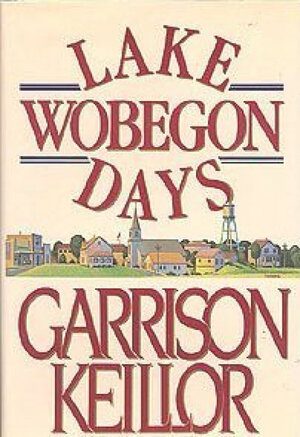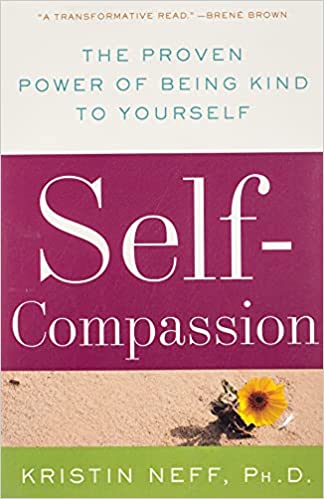The best lack all conviction, while the worst. Are full of passionate intensity. – W.B.Yeats, The Second Coming
The Lake Wobegon Effect is the human tendency to over estimate one’s abilities or capabilities such as intelligence, sense of humour, driving skills, listening skills and other similar traits. The Lake Wagon Effect was introduced by American Physician and anti-smoking activist John Jacob Cannell, M.D. in a 1988 Educational Measurement (EM) summer issue. Cannell observed that most American states schools were scoring above average on nationally normed scoring achievement tests.

The Lake Wobegon reference is based on a fictional town created by American writer Garrison Keillor whose radio show “A Prairie Home Companion” had a segment called “News from Lake Wobegon”. In his Novel Lake Wobegon Day (1985), Keillor describes a fictional town called Lake Wobegon : A place where all the women are strong, all the men are good-looking, and all the children are above average.
The Lake Wobegon Effect is similar to the Dunning–Kruger effect, which is a cognitive bias in which people with low ability at a task overestimate their ability. Both are cognitive bias of illusory superiority and comes from the inability of people to recognize their lack of ability.
The whole problem with the world is that fools and fanatics are always so certain of themselves, and wiser people so full of doubts. – Bertrand Russell

In her book Self-Compassion: The Proven Power of Being Kind to Yourself, Associate Professor of Educational Psychology at the University of Texas at Austin Kristin Neff, Ph.D. writes about this human tendency to Feel Better Than Others. She writes:
Garrison Keillor famously describes the fictional town of Lake Wobegon as a place where “all the women are strong, all the men are good-looking, and all the children are above average.” For this reason, psychologists sometimes use the phrase “Lake Wobegon effect” to describe the common tendency to think of oneself as superior to others on a long list of desirable personality traits. ”
“Research has shown that fully 85 percent of students think that they’re above average in terms of getting along with others, for instance. Ninety-four percent of college faculty members think they’re better teachers than their colleagues, and 90 percent of drivers think they’re more skilled than their road mates. Even people who’ve recently caused a car accident think they’re superior drivers! ”
“Research shows that people tend to think they’re funnier, more logical, more popular, better looking, nicer, more trustworthy, wiser, and more intelligent than others. Ironically, most people also think they’re above average in the ability to view themselves objectively.
Logically speaking, of course, if our self-perceptions were accurate, only half of all people would say they’re above average on any particular trait, the other half admitting they were below average. But this almost never happens. It’s unacceptable to be average in our society, so pretty much everyone wears a pair of rose-colored glasses, at least when they’re looking in the mirror. How else can we explain all those American Idol contestants with marginal talent who seem so genuinely shocked when they’re booted off the show?
It’s unacceptable to be average in our society, so pretty much everyone wears a pair of rose-colored glasses, at least when they’re looking in the mirror.
Former president of the University of Southern California, Steven B. Sample commented in his book The Contrarian’s Guide to Leadership:
The average person suffers from three delusions: that he/she is a good driver, that he/she has a good sense of humor, and that he/she is a good listener.
All the Best in your quest to get Better. Don’t Settle: Live with Passion.



Comments are closed.